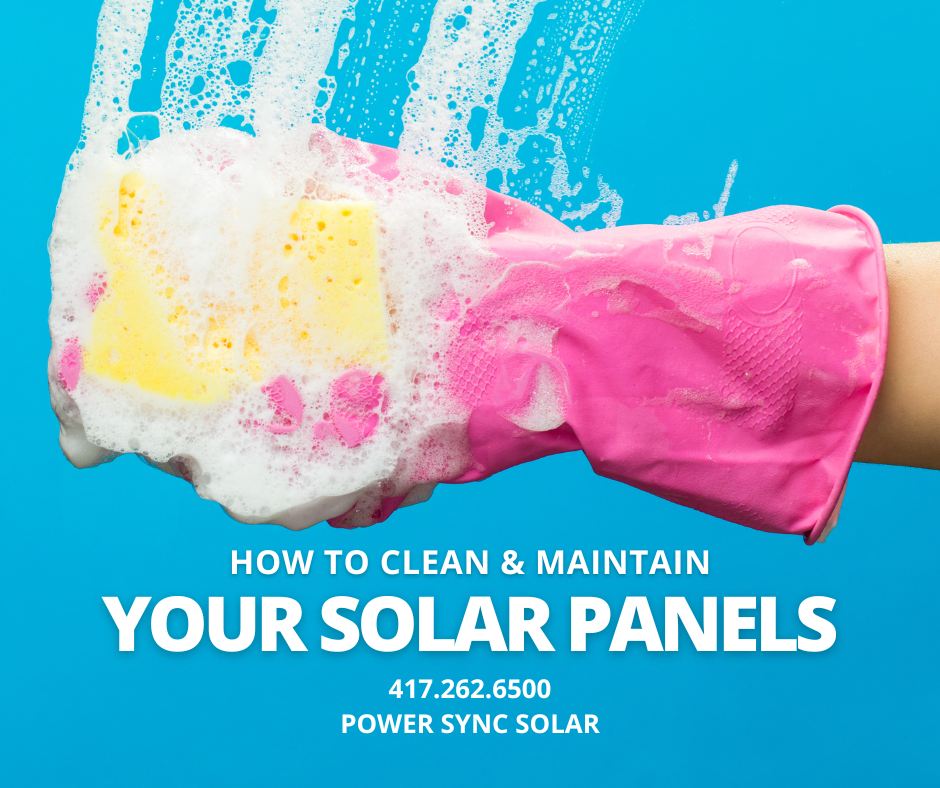Grid-Tied vs. Off-Grid Solar Systems
- jonarzet
- Oct 18, 2023
- 2 min read

When delving into the realm of solar energy, understanding the fundamental choice between grid-tied and off-grid solar systems becomes pivotal. In this blog post, we'll explore these two fascinating approaches, uncovering their differences, advantages, and the factors that can help you decide which path to energy independence is right for you.
Grid-Tied Solar Systems: The Power of Connectivity
What are Grid-Tied Solar Systems?
Grid-tied solar systems are directly connected to the local electrical grid. They generate electricity from the sun, but they also remain connected to the grid. Excess energy generated during the day can be fed back into the grid for credits, and during the night or on cloudy days, electricity is drawn from the grid.
Advantages:
Cost-Effectiveness: Grid-tied systems are often more affordable due to not requiring expensive battery storage.
Reliability: Continuous access to electricity, even when solar production is low, ensures uninterrupted power supply.
Net Metering: Excess energy can be sold back to the grid, reducing overall electricity bills.
Off-Grid Solar Systems: Embracing Energy Independence
What are Off-Grid Solar Systems?
Off-grid solar systems operate independently of the grid. They generate electricity from solar panels, store it in batteries for later use, and often incorporate backup generators for periods of low sunlight.
Advantages:
Complete Independence: Off-grid systems free you from dependence on the grid, providing power in remote locations or during grid outages.
Environmental Sustainability: Off-grid systems promote self-reliance and sustainability, reducing reliance on non-renewable energy sources.
Customization: Off-grid systems can be tailored to meet specific energy needs, making them ideal for unique or remote locations.
Choosing the Right Option for You
Consider Your Location: If you live in an area with a reliable grid and net metering policies, a grid-tied system might be ideal. For remote locations without grid access, off-grid systems offer a viable solution.
Evaluate Energy Needs: Calculate your energy consumption and assess whether a grid-tied system with net metering can meet your requirements. If you seek complete energy independence, an off-grid system might be the answer.
Budget and Long-Term Goals: Consider your budget and long-term goals. Grid-tied systems are often more budget-friendly upfront, while
off-grid systems offer independence and potential long-term savings.
The choice ultimately boils down to your location, energy needs, and personal preferences. Whichever path you choose, embracing solar energy represents a powerful step toward a sustainable, eco-friendly future. By understanding these systems, you're not just investing in solar technology; you're investing in energy independence, environmental preservation, and a brighter tomorrow.




Comments